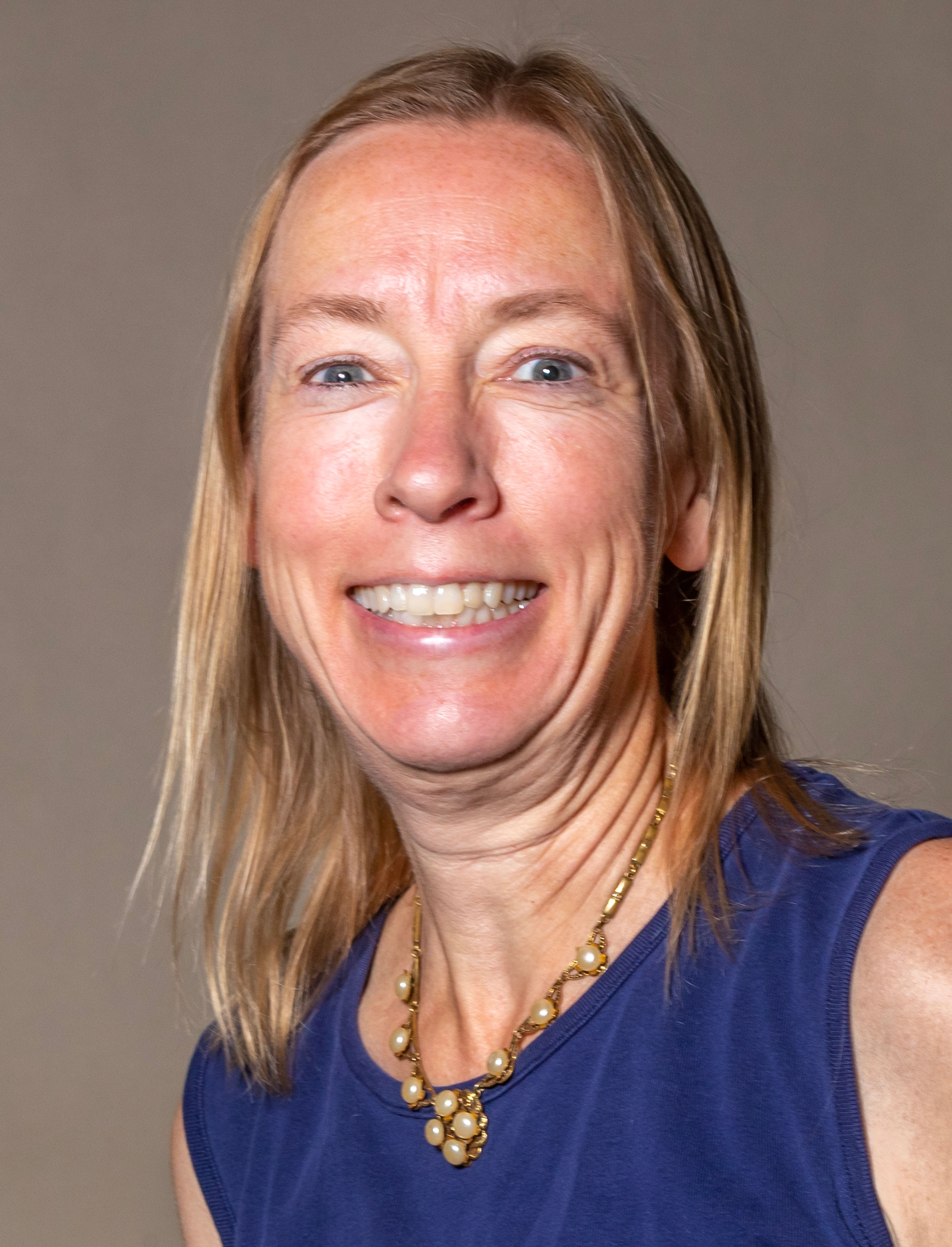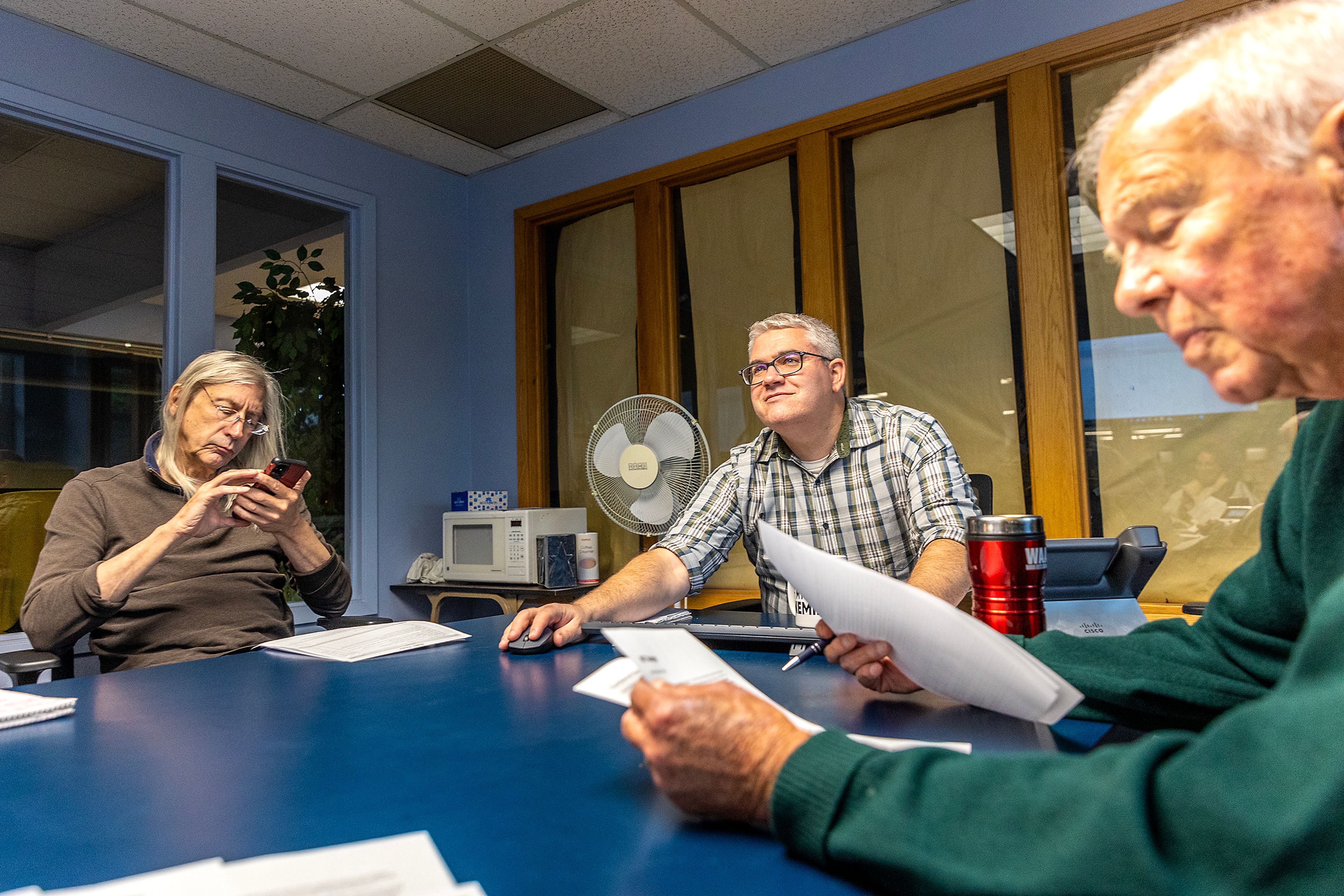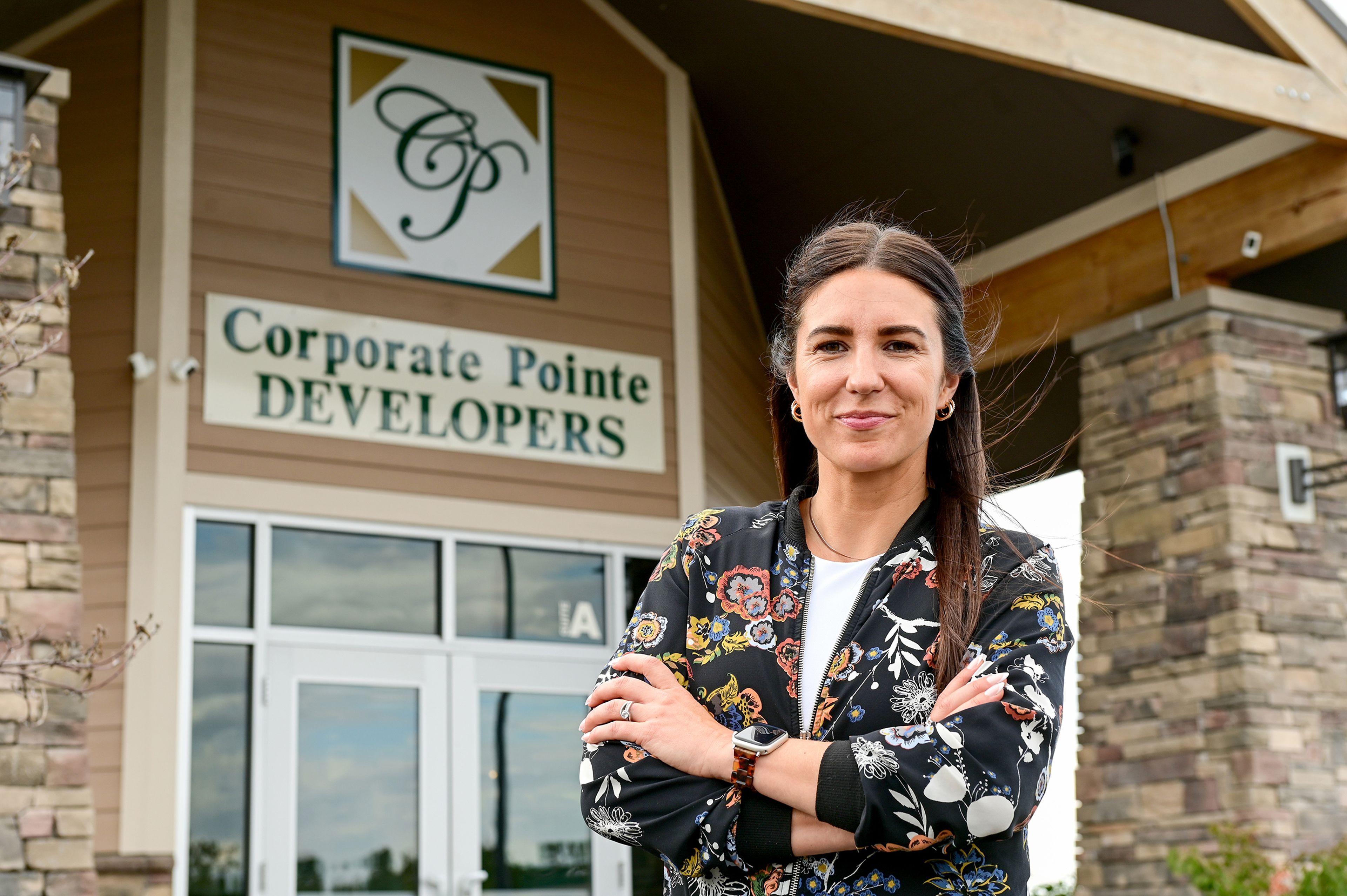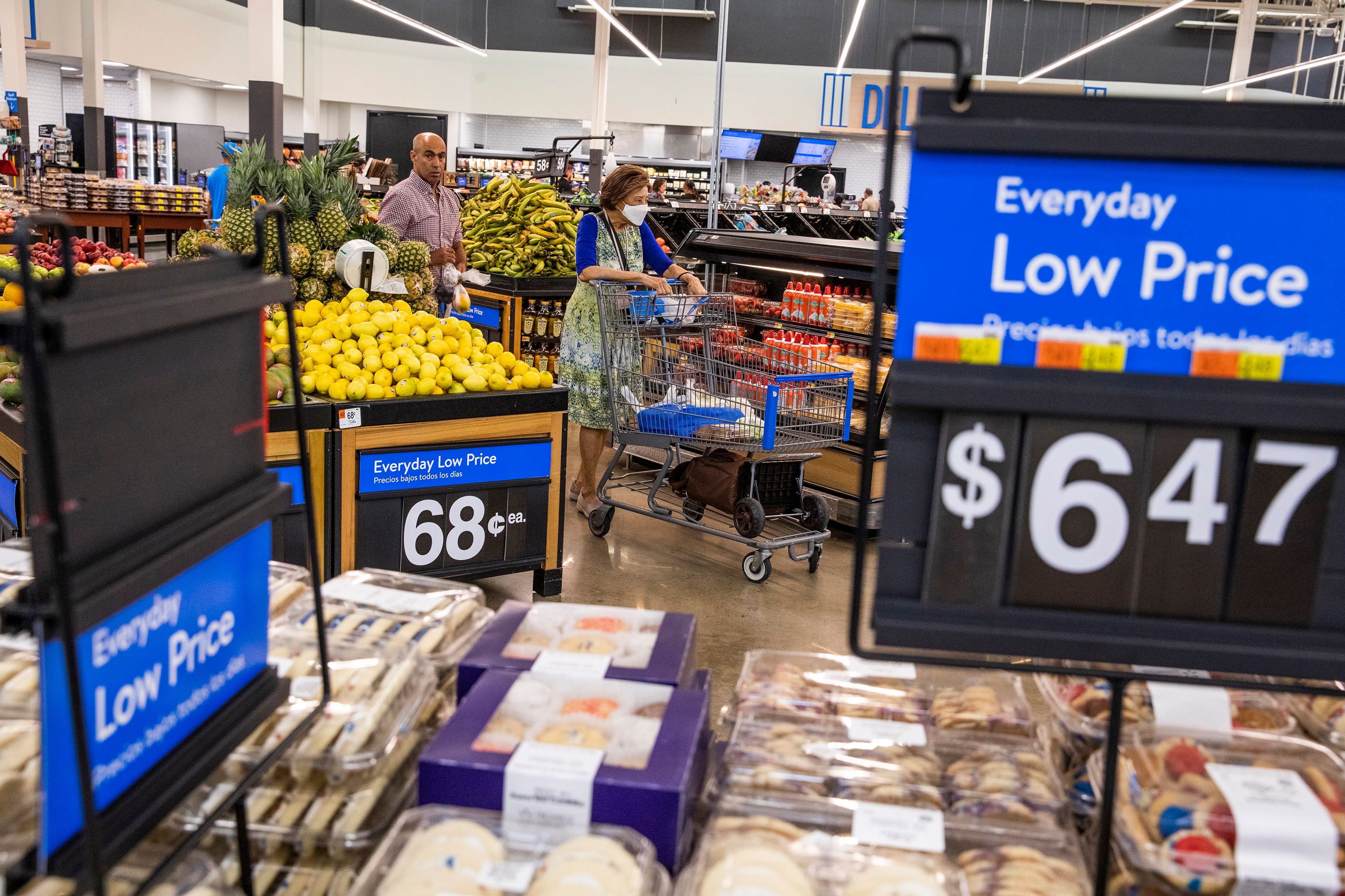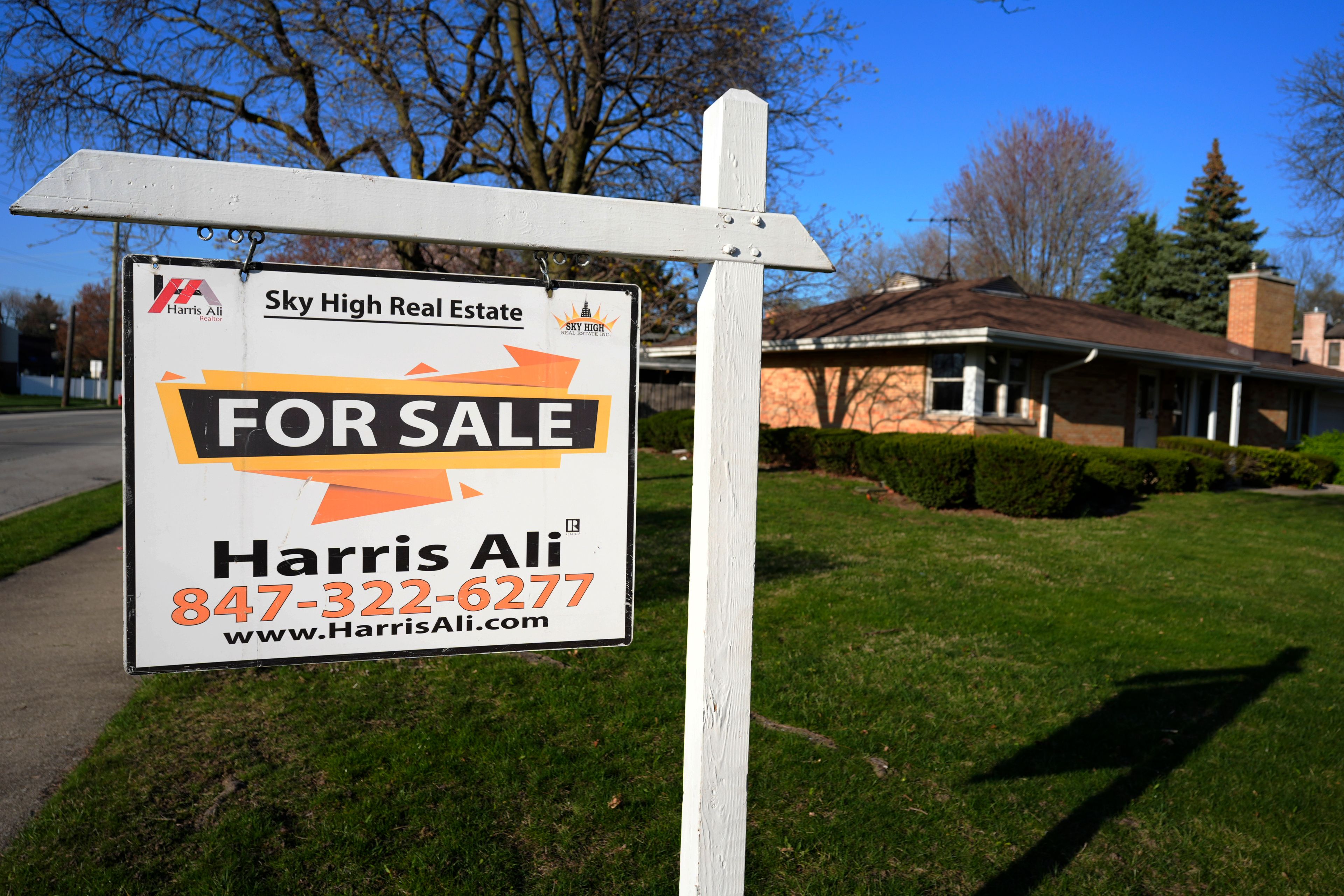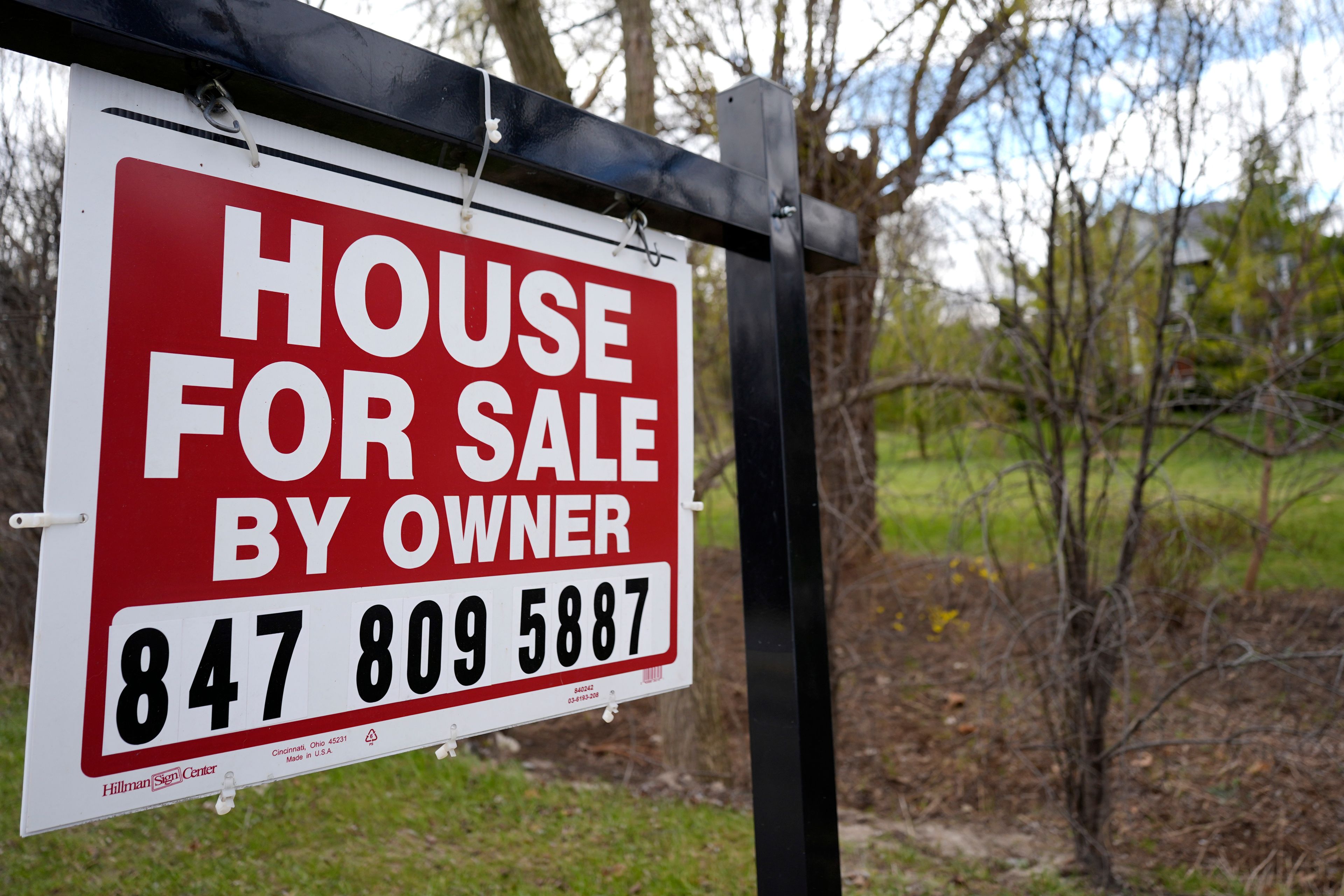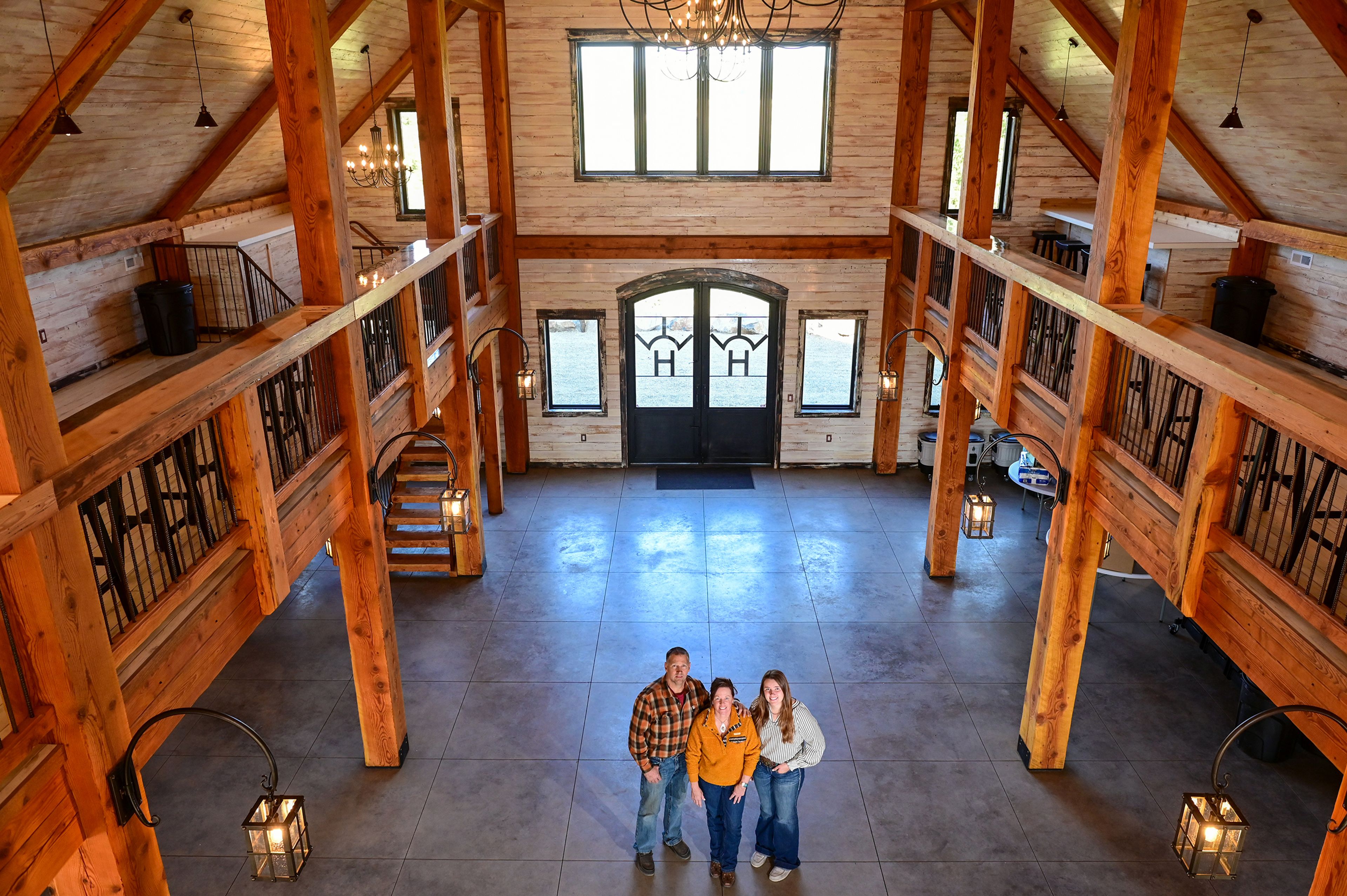Avista to study EV charging habits
Utility to connect EV corridor from northeast to southeast Washington
Electric vehicle owners in eastern Washington will soon be able to travel from north of Spokane to the Lewiston-Clarkston Valley with confidence they won't have to stop for a long charge along the way.
The Washington Utility Commission approved a proposal last month from Avista Utilities to install seven fast-charging stations from north to south across eastern Washington, creating a corridor for EV drivers from Colville, about 70 miles north of Spokane, down to Clarkston, along with some 50 slower level-2 charging stations at workplaces and 30 in public locations around the region, and 120 in-home chargers for electric vehicle owners.
Avista's goal with the project is to learn when and where EV drivers charge their vehicles, as well as to begin to support customers' current and future EV charging needs in a cost effective way, said Rendall Farley, manager of Electric Transportation at Avista. Farley is leading the project.
"The reason we need to study charging behavior is because it has impacts on the grid," he said. "While we don't expect impacts on the grid in the short term, it's more of a long-term strategic view. Really, this is an investment in a better energy future."
While Farley admitted the low cost of gas may keep be making some hesitant about making the leap toward all-electric, electric vehicles are still far less expensive to drive per mile than gas-powered cars.
"With an electric vehicle, you can drive for far less than a dollar per gallon equivalent, and it's 80 percent cleaner, total, in terms of the energy that's produced to supply that electricity," he said. "And locally it's 100 percent cleaner, because there's no tailpipe emissions."
Though Moscow's Nils Peterson won't be able to fully participate in Avista's program, as it's limited to the Washington side of the boarder, he can attest to the savings behind the wheel.
Peterson recently purchased a 2011 Nissan Leaf. He said it costs him 3 cents per mile to operate. Previously, he was driving a 1989 Toyota Corolla, which he said even with cheap gas prices cost him 9 cents per mile to drive. The savings on mileage, however, wasn't the impetus for his purchase.
"My goal is to decrease my carbon footprint steadily toward zero," he said.
Because his Leaf only gets about 75 miles on a full charge, Peterson said he's reluctant to use it other than as a daily driver - driving around Moscow he rarely goes more than about 20 miles per day. But once there are fast-charging stations installed from Colville to Clarkston, he'll be more inclined to take it up to Spokane.
Right now, Farley said the region lacks the DC fast-charging stations to properly serve the area, which research shows hampers adoption. It's anticipated that about 90 percent of charging will be done at home, but he said studies from the U.S. Department of Energy also indicate having a workplace charger is a major catalyst for those considering getting an EV.
He said there are about 400 EVs in eastern Washington, mostly in the Spokane and Pullman areas.
"What we're doing will begin to make it easier to get an EV and drive an EV. It's also a lot about learning, that's primarily why we're focusing on homes and workplaces," he said.
In all, he said the project is anticipated to cost about $3 million over three years. Since its approval, Farley said Avista is ready to seek RFP's from potential contractors to begin the project in the coming months. The utility is also looking to hear from EV owners in the area who are interested in participating.
"We're targeting one DC fast-charger in Pullman and a handful of public, DC level-2 chargers, and then a number of workplaces depending on where the EV drivers are that participate," he said. "... If someone has one of our chargers at their home, if we can get one at their workplace, too, then we can integrate that data and understand how charging behavior for that person is different."
EV owners interested in taking part in Avista's project can contact the utility by email to electrictransportation@avistacorp.com. For more information, go to avistautilities.com/transportation.
Bill McKee can be reached at (208) 883-4627, or by email to wmckee@dnews.com.
